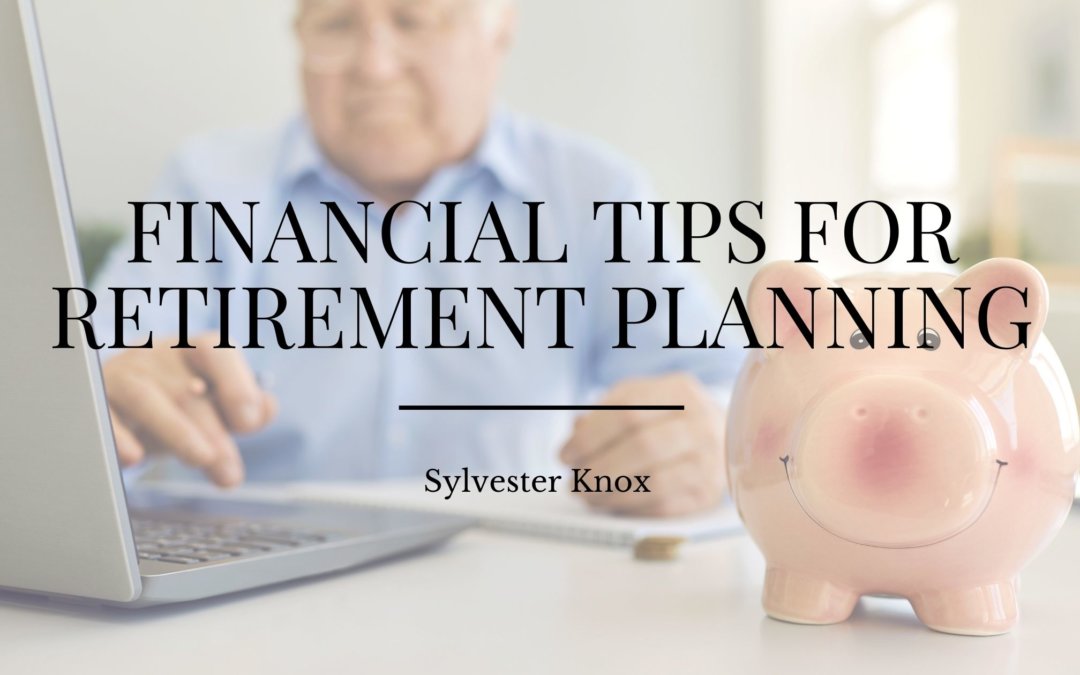Planning for retirement can be stressful. It seems like it’s far away, but as you get older, it quickly creeps up on you; before you know it, you’ve reached retirement age without a plan of what to do afterward. Taking a step back and planning for your retirement now can ease the stress that comes with retirement, leaving you ready to face the latter part of your life. Here are some tips on retirement planning to keep in mind.
To start with, you’ll need to monitor your investments before you retire. For the first five to ten years of retirement, your money will be at its most vulnerable; because of this, you need to avoid overspending. Once you’ve retired, it’s much harder to recover resources. Look at investments now that have predictable income sources, but be wary: the more predictable the income, the lower your return will be. You’ll also want to plan for inflation as a fact of life—money and prices will rise, eating away at the buying power your retirement funds have. Assume that prices will go up now and plan for it so you’re not caught by surprise.
If you have a significant other, talk with them about your retirement spending. Be open with your significant other about how much you think you should and will spend during retirement so neither of you is caught off-guard during retirement. Talk about your financial matters like you’d talk about a large financial purchase while working so you’re both on the same page.
Since healthcare is expensive, you should focus on your physical health and fitness now rather than down the line so you can stay fiscally fit during retirement. Healthcare is often overlooked by retirees, and the cost of healthcare can be a huge financial burden down the road. Because of this, consider the projections for expenses and try to mitigate what you’ll have to spend now.
If possible, pay off your mortgage and any debt you have before you retire. These are expenses that’ll eat away at your retirement savings each month; the less of those expenses you have, the better you’ll be in the long run. Your home can contribute significantly to your expenses too, so paying off your mortgage will let you live “rent-free.”
Lastly, expect to spend more than you think you will while in retirement. No matter how much you plan ahead, life will always be there to throw surprises your way. Create a budget for these unexpected expenses and for your monthly costs while keeping in mind that your bills may go up in price due to inflation. Be prepared for anything.

